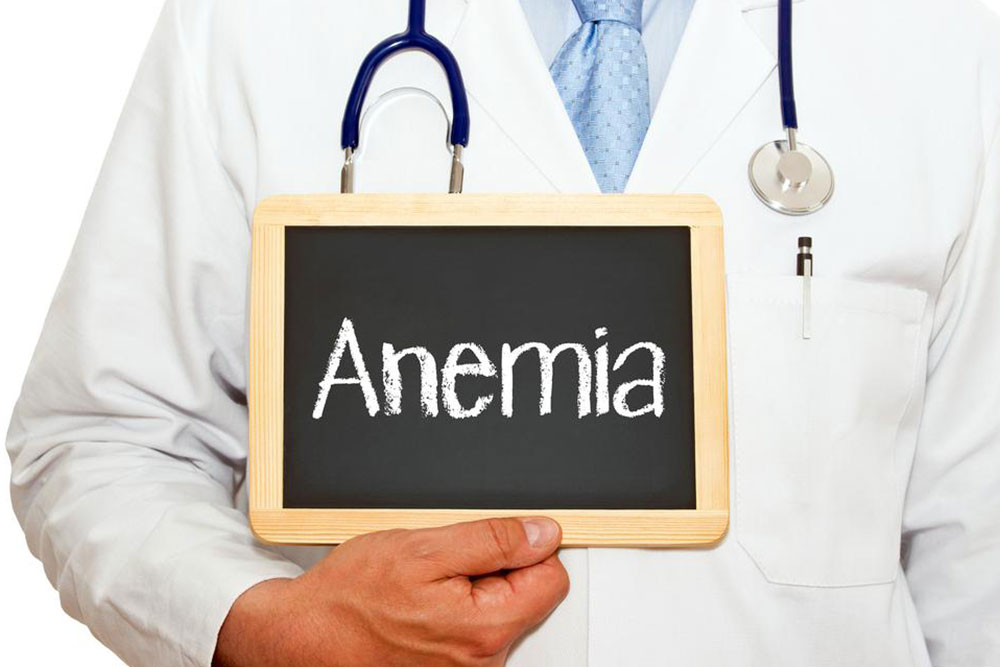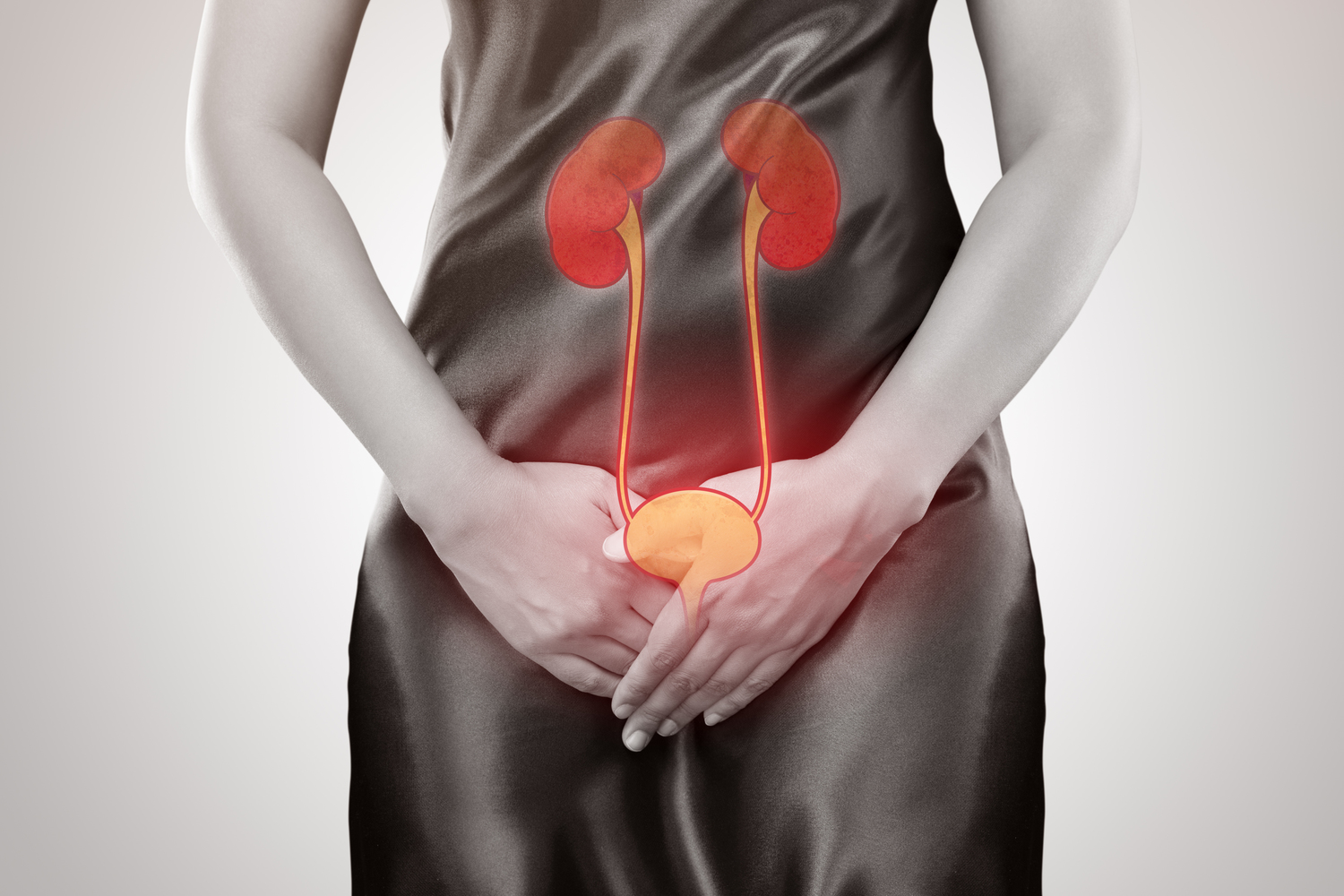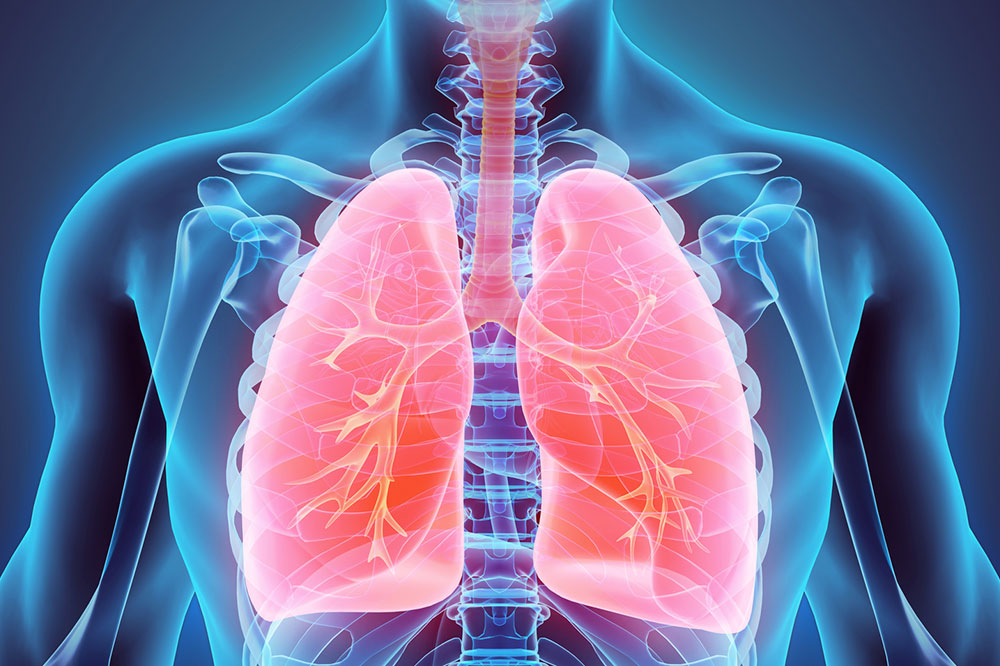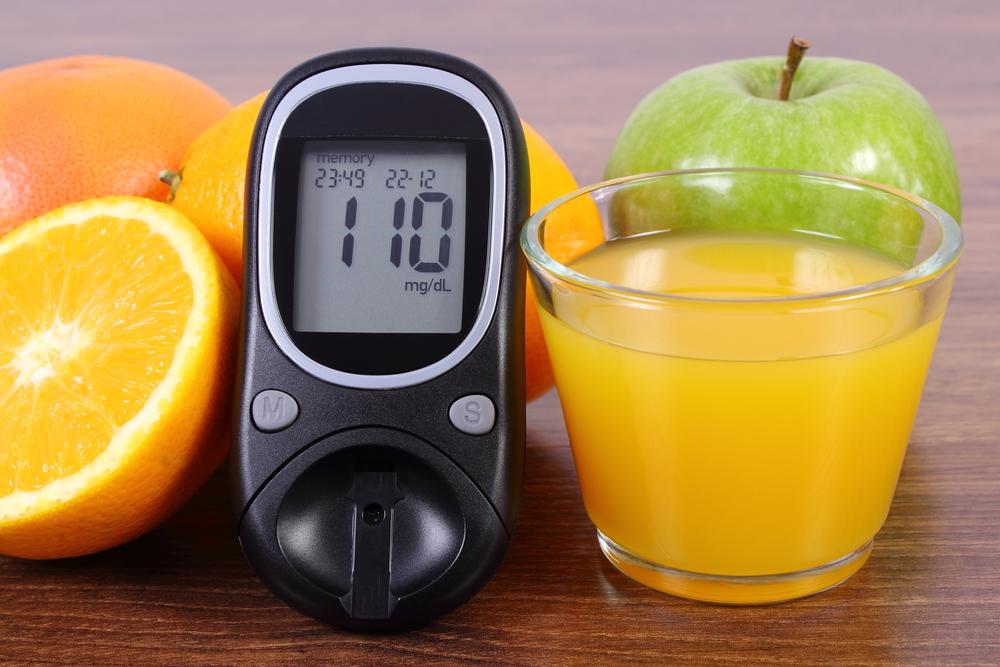Understanding Iron Deficiency Anemia: Causes and Symptoms
This article offers comprehensive insights into iron deficiency anemia, covering its causes, symptoms, and essential preventive measures. It emphasizes the importance of proper diagnosis by healthcare professionals and highlights dietary strategies to combat the condition. Understanding the risks associated with self-treatment is crucial for safety. Perfect for individuals seeking awareness about anemia, especially those experiencing symptoms or at risk, the article underscores the significance of early detection and proper management to prevent complications.

Understanding Iron Deficiency Anemia: Causes and Symptoms
Iron deficiency anemia is one of the most prevalent types of anemia, impacting many individuals worldwide. It occurs when the body lacks sufficient healthy red blood cells, which are responsible for transporting oxygen to tissues. An inadequate supply of iron hampers the production of these cells, leading to fatigue, breathlessness, and other health issues. Addressing this condition requires a balanced, iron-rich diet and possibly iron supplements. It’s essential to consult a healthcare professional for proper diagnosis and tailored treatment to avoid complications like severe anemia or liver issues.
Common symptoms indicating possible iron deficiency anemia include:
Pale skin
Persistent weakness
Extreme tiredness
Chest discomfort
Rapid heartbeat
Shortness of breath
Dizziness or headaches
Cold extremities
Reduced appetite
Unusual cravings such as dirt or ice
Brittle nails
If these symptoms appear, seek medical advice for accurate diagnosis. Self-treatment with iron supplements without professional guidance can be risky, as excess iron may cause liver damage or other health issues. Proper medical assessment ensures safe and effective management of iron deficiency anemia.
Primary causes of iron deficiency anemia include:
Blood loss — Excessive bleeding, whether from injury, menstruation, or internal conditions like ulcers or tumors, depletes iron reserves.
Lack of iron intake — Insufficient iron-rich foods in your diet, such as meats, eggs, and leafy greens, can lead to deficiency over time.
Pregnancy — Increased blood volume and fetal needs require additional iron. Without supplementation, pregnant women risk developing anemia.
Impaired iron absorption — Conditions like celiac disease hinder nutrient absorption in the small intestine, reducing iron availability.
Most mild cases can be effectively managed through dietary adjustments and supplementation. Ignoring symptoms may lead to serious complications likeheart irregularities or growth issues in children. Maintaining a diet rich in iron and vitamin C, and consulting healthcare providers, are key preventive strategies.Note:
The information provided aims to educate and inform. While research-backed, it should not replace professional medical advice. Always consult a healthcare provider for diagnosis and treatment options suited to your individual health needs. The website does not assume responsibility for discrepancies or unverified information from other sources.










